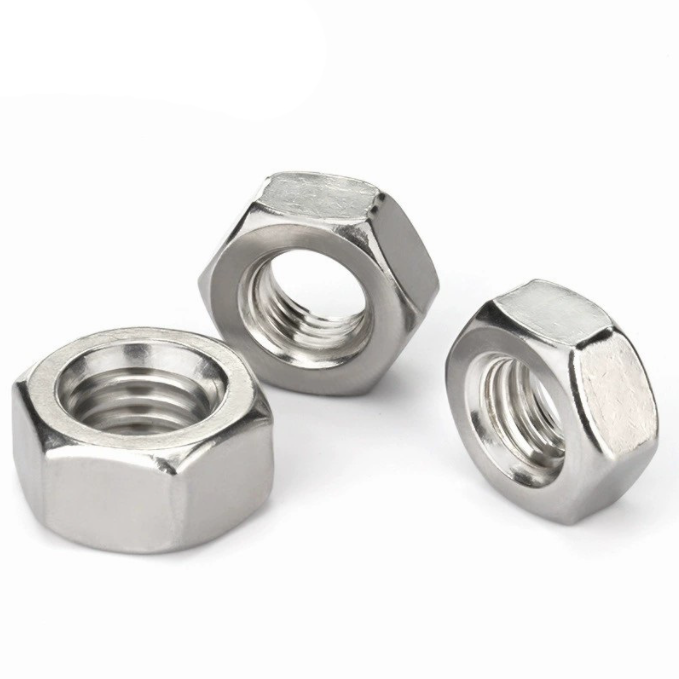

Exploring the Benefits and Applications of Metal Fasteners in Various Industries and Projects
يوليو . 28, 2024 05:20 Back to list
Exploring the Benefits and Applications of Metal Fasteners in Various Industries and Projects
Metal Fasteners Essential Components in Construction and Manufacturing
Metal fasteners are integral components in various industries, including construction, manufacturing, automotive, and aerospace. These small yet crucial devices are designed to hold together multiple parts, ensuring structural integrity and functionality. From bolts and screws to nuts and washers, metal fasteners come in a variety of shapes, sizes, and materials, making them suitable for numerous applications.
One of the primary functions of metal fasteners is to provide stability and strength to structures and machinery. When components are assembled, fasteners serve to keep them securely attached, preventing disassembly under stress. For instance, in construction, bolts are commonly used to join beams and columns, ensuring that buildings can withstand environmental pressures such as wind and earthquakes. Similarly, in manufacturing, metal fasteners play a critical role in the assembly of machinery, appliances, and vehicles, where any failure could lead to catastrophic consequences.
The choice of material for metal fasteners is crucial to their performance and longevity. Common materials include stainless steel, carbon steel, brass, and aluminum. Stainless steel, for example, is favored for its corrosion resistance, making it ideal for outdoor applications or environments that expose fasteners to moisture. On the other hand, carbon steel is known for its strength and durability, which is essential in heavy-duty applications. Manufacturers often choose materials based on the specific requirements of their projects, such as load-bearing capacity, environmental exposure, and aesthetic considerations.
metal fasteners

Additionally, metal fasteners must comply with industry standards and specifications to ensure quality and performance. Various organizations, such as the American National Standards Institute (ANSI) and the International Organization for Standardization (ISO), establish guidelines for dimensions, tolerances, and material properties. Adherence to these standards not only enhances the reliability of fasteners but also facilitates compatibility between different components during assembly. Engineers and designers must be well-versed in these standards to select the appropriate fasteners for their applications.
The manufacturing process of metal fasteners typically involves several stages, including forming, machining, and surface treatment. Fasteners can be produced through methods such as forging, casting, or machining, each offering distinct advantages depending on the intended use. Once fabricated, fasteners may undergo surface treatments like galvanization or anodizing to enhance corrosion resistance and improve aesthetics. These processes contribute to the fastener's overall performance and lifespan.
In recent years, advancements in technology and materials science have led to the development of innovative fastener solutions. For example, the introduction of high-strength alloys has enabled the production of lighter yet stronger fasteners, which are particularly beneficial in industries like aerospace, where weight reduction is critical for fuel efficiency. Additionally, the use of computer-aided design (CAD) and manufacturing (CAM) technologies has streamlined the production process, allowing for greater customization and precision in fastener design.
In conclusion, metal fasteners are essential components that play a vital role in numerous industries, providing stability, strength, and reliability to various structures and machines. The careful selection of materials, adherence to industry standards, and advancements in manufacturing techniques contribute to the effectiveness of these small yet powerful devices. As industries continue to evolve, the demand for high-quality metal fasteners will remain steadfast, driving innovation and ensuring the safety and longevity of the structures and systems we depend on every day.
Latest news
-
Premium Fasteners Manufacturer | AI-Driven Solutions
NewsAug.01,2025
-
Hot Dip Galvanized Bolts - Hebei Longze | High Strength, Corrosion Resistance
NewsAug.01,2025
-
High-Strength Hot Dip Galvanized Bolts - LongZe | Corrosion Resistance, Custom Sizes
NewsAug.01,2025
-
Best Self Tapping Screws for Drywall - Fast & Secure Installation
NewsJul.31,2025
-
High-Strength Hot Dip Galvanized Bolts-Hebei Longze|Corrosion Resistance&Customization
NewsJul.31,2025
-
Hot Dip Galvanized Bolts-Hebei Longze Metal Products|Corrosion Resistance&High Strength
NewsJul.31,2025

